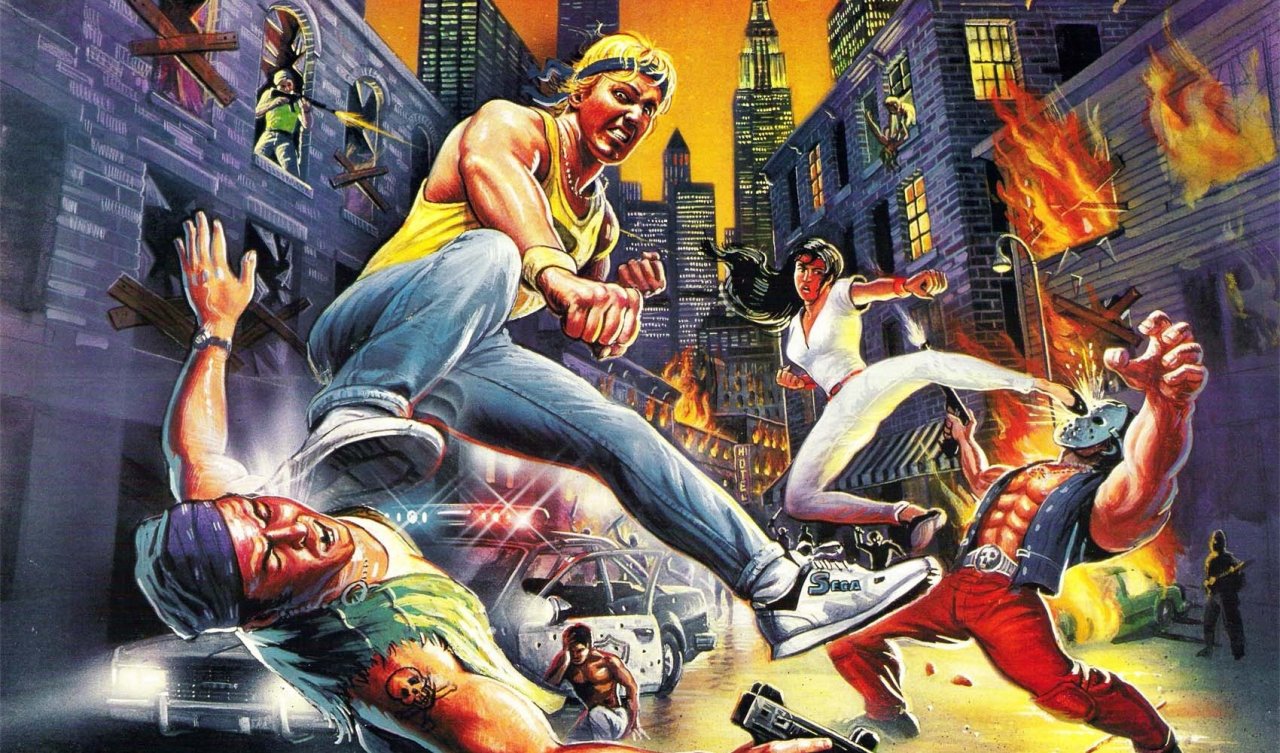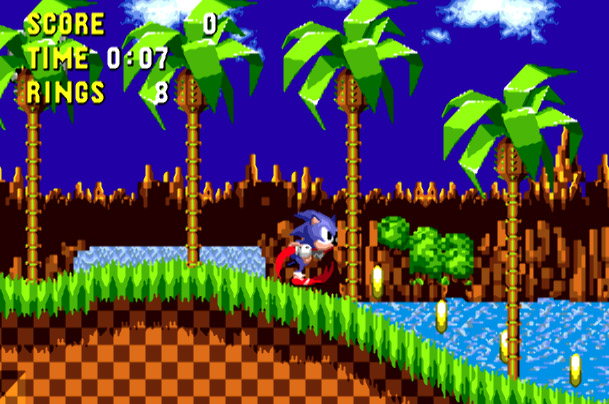Sega hopes Mega Drive classics modding on Steam will keep their legacy alive

Last week, Sega announced that it’s bringing Steam Workshop support to the dozens of Mega Drive games on Steam. That support comes alongside the new Mega Drive Classics Hub, a virtual environment meant to act as a launcher for all those Mega Drive games. Think a recreation of a 90s kid's bedroom, complete with CRT and boxes of Mega Drive games, and you’ve got the gist.
But we’re more interested in Sega condoning, even encouraging, modding of its classic games. Could Sonic see his own version of Kaizo Mario? Does this mean new life and levels for Streets of Rage?
“Providing you have the prerequisite skill, you can mod whatever you want,” Sega Euope’s director of digital distribution James Schall wrote to us over email. “That said, the Steam Workshop will be moderated to avoid anything obscene, you know, like Mario appearing in a Sonic game… oh hang on, has that ship sailed?”
It sounds like the Steam Workshop won’t become home to all the Sonic slash fiction our hearts so deeply desire—for that, we’ll still have to go to Deviantart—but otherwise, Sega is letting the community run the show. It doesn’t plan to create its own mods, and not much is changing with the games themselves.

“The games themselves aren’t being modified in any way, at a coding level, to support modding,” Schall wrote. “The introduction of Steam Workshop for the Mega Drive hub is designed as a platform for those who have created their own custom ROMs to share them with other players and fans. There are loads of great modded ROMs out there and we wanted to give those content creators a chance to show off their creativity.”
There are no mod tools or guides coming from Sega itself with the Classics Hub. Schall recommends would-be modders check out forums and Youtube videos to learn the basics of Mega Drive modding. “There are entire communities out there for modding retro Mega Drive games and the more cool custom ROMs that appear on Steam Workshop, the longer the games’ legacies will continue,” Schall wrote.
Communities like Sonic Retro have in the past collected ROM hacks and offered guides to new modders, and hopefully that knowledge will make its way over to Steam. Hunting down knowledge about Mega Drive game modding, and especially finding active communities, can be tricky now, as most searches for Mega Drive or Genesis modding refer to hardware modifications. That’s actually how the idea of welcoming mods came about for Sega.
Keep up to date with the most important stories and the best deals, as picked by the PC Gamer team.
“There are so many great custom ROMs out there and they’re currently quite hard to find unless you know where to look!” Schall wrote. “SEGA wanted to provide a platform for modders to share their content as we love the fact that people are passionate about our Mega Drive titles over 20 years on from their original releases, to the point where they want to produce their own versions to share with other fans. It keeps these games current and accessible and gives end users the chance to experience their favourite games in an all new way.”
I’m hoping the plan works and produces an active modding scene, if only so I can cover some new 14-form boss fight modded into Gunstar Heroes.

Wes has been covering games and hardware for more than 10 years, first at tech sites like The Wirecutter and Tested before joining the PC Gamer team in 2014. Wes plays a little bit of everything, but he'll always jump at the chance to cover emulation and Japanese games.
When he's not obsessively optimizing and re-optimizing a tangle of conveyor belts in Satisfactory (it's really becoming a problem), he's probably playing a 20-year-old Final Fantasy or some opaque ASCII roguelike. With a focus on writing and editing features, he seeks out personal stories and in-depth histories from the corners of PC gaming and its niche communities. 50% pizza by volume (deep dish, to be specific).

